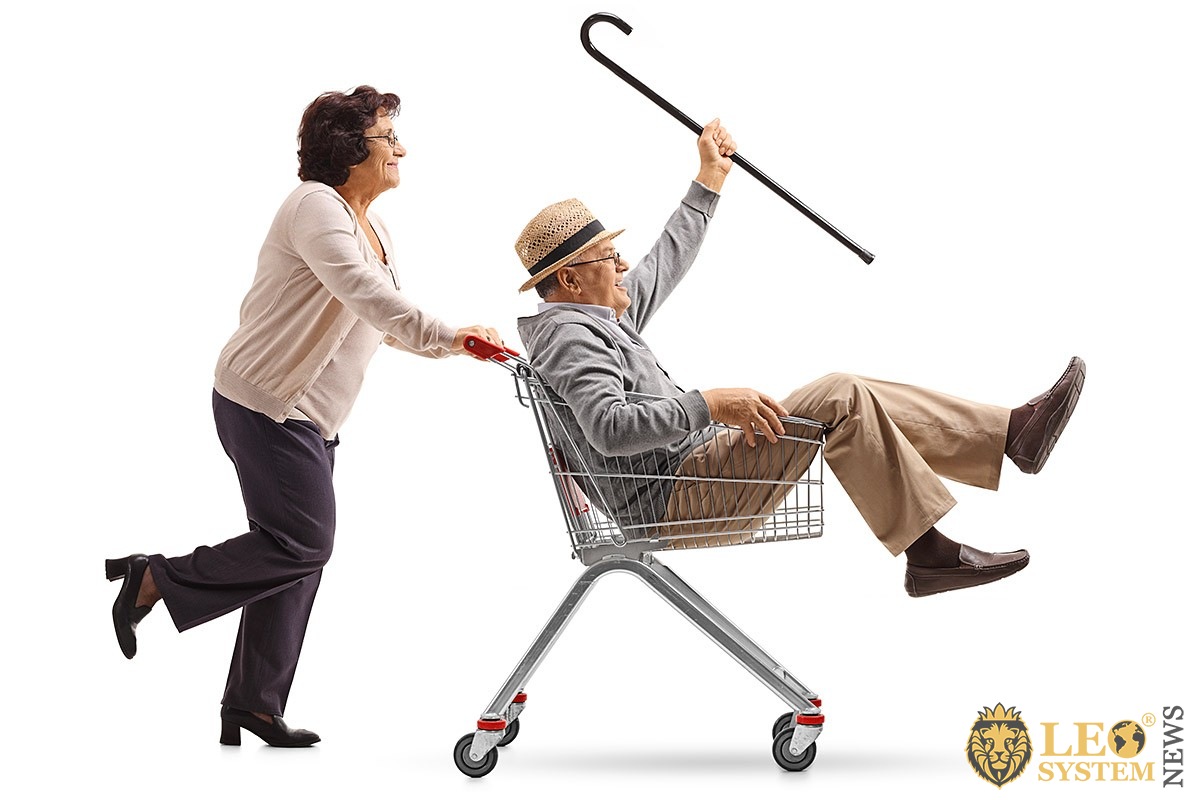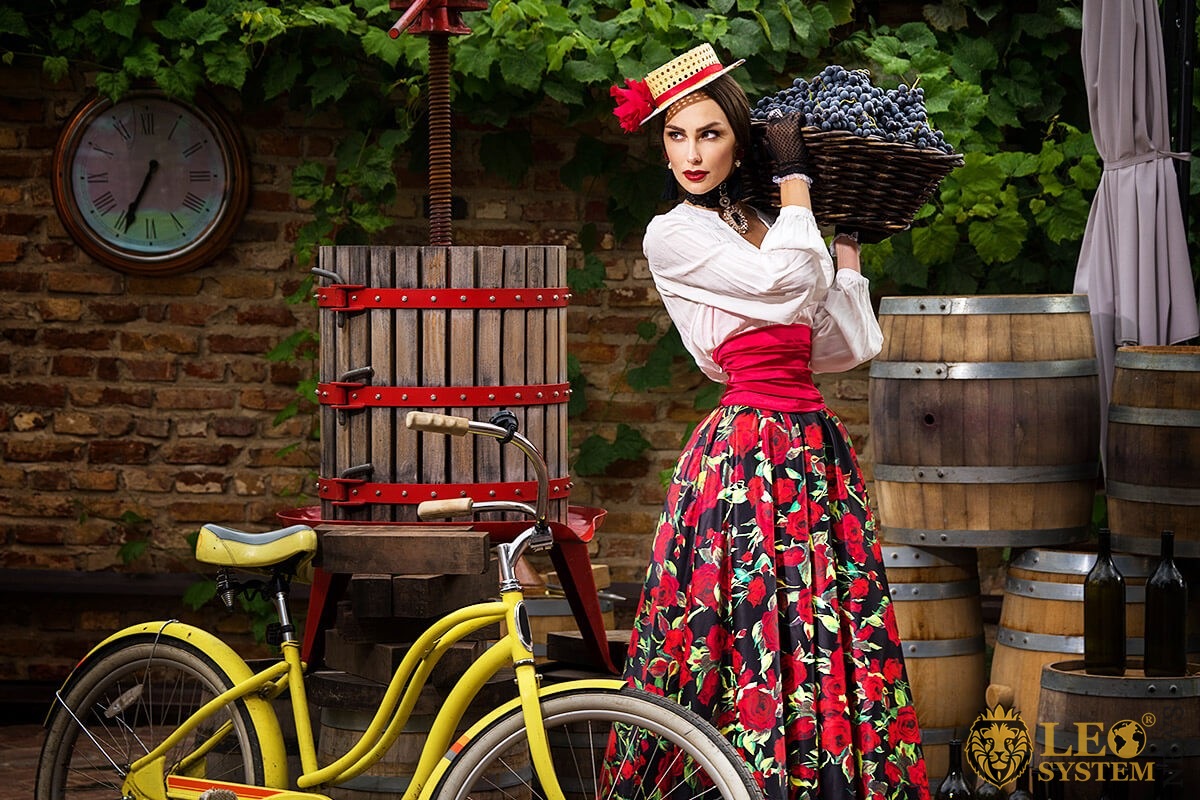In this article, we will be looking at, why do people do good deeds? There are two main views on this:
1. That people do good deeds for altruistic reasons.
2. They do it for some reward, such as an improvement in how people regard them.
There is some disagreement among social scientists about why people might do good things. Neo Darwinists believe that humans are always looking after their interests.
Each human being has thousands of genes, and each gene has a single motivation to create others like it. It is the survival of the fittest, and there is no room to consider others, Except, in the case of relatives. After all, these people who are closest to us will share the same genes, and if the survival of a specific gene pool is the motivation, then it surely would be in our interests to cooperate and care for people sharing those genes.
The alternative view is that we are all born good and have a built-in desire to help others. We will look at this view later.
The Scientific Researching of Good Deeds.
In recent years, scientists have been researching the medical impact of carrying out good deeds. They have been wondering if carrying out a good act has any benefit for the giver. They have studied whether altruism has any effect on our health.
Think back to any disaster; there seems to be a lot of people willing to throw themselves into aiding the victims. Think of 9/11. Think about the firemen who rushed into the buildings as others were fleeing. Think about a large number of people who worked 12-hour shifts, clearing away rubble immediately after the towers fell. Why did they do this?
Consider, in fiction, Scrooge (the archetypical selfish person) when he suddenly discovers Good Deeds, how he had bloomed, and his body appeared younger, losing the previous lethargy.
Doctors now believe that “doing good” actually has beneficial health effects on health.

Are Good Deeds Genuinely Altruistic?
It is frequently reported by people who regularly volunteer, that if they are truly honest, the volunteer is getting a lot of pleasure from their volunteering activity.
They would miss the volunteering activity if they were forced to stop. It is partially because they get a good feeling from knowing they are helping, but also because they enjoy the voluntary work done, and the people they work with.
Does this Make the Voluntary Work, the Act of Goodness, any Less Worthy?
This supports the view that there is no pure altruism. In reality, when we help strangers, animals, or carry out any good deed, we are always getting some benefit whether or not we admit it.
Reciprocal Altruism.
Many people believe that if someone is helping others, there just has to be something in it for them, whether they are conscious of it or not.
Good deeds can make someone have good feelings about themselves. They might make other people have more respect for us. For some religious people, it could be that they believe it may also increase their prospects in the afterlife.
In promoting the idea of reciprocal altruism, it seems that we are attempting to make an excuse for doing good. It suggests that the default position should be one of being selfish. We are saying that pure altruism cannot possibly exist in an average person.
While many acts of charity can be the result of some self-interest perceived by the giver, does that mean that nobody can be 100% selfless?
An Alternative View.
Many people believe that pure altruism that has no reciprocal element is connected with empathy. Research has shown that babies are empathetic from birth. They appreciate the pain and discomfort another baby might be feeling and will respond. If a baby cries in a nursery, other babies will also start to cry.
If empathy is there from birth, then inevitably, this means that altruism is also a default position. Somehow then we have learned not to be altruistic. Rather than make excuses for altruism, as in the first part of this section, we should be celebrating these acts.
Good Karma & Paying it Forward.
There is another explanation about why some people carry out good deeds. It is, on the one hand, a belief that what “goes around- comes around.” An idea that if you do kind acts for other people, Karma will ensure that good things happen to you.

Yet others believe that by doing a good deed for someone, then they will be encouraged to do good deeds for someone else (Paying it forward). The belief envisages that with a continual passing on of good deed, the overall position of the whole community is improved, and should the original individual ever need help that he/she would be more likely to receive assistance.
This is not reciprocal altruism in its strictest sense, as it is not a direct repayment for the good deed.
You are Increasing Your Social Network.
There is no doubt that there are often certain social groups that have developed around charities and good causes. People who share in their enthusiasm for a cause will naturally have a similar outlook on life and socialize together. For somebody in need of finding companionship, this network can be an attractive place for them to aspire to.
It Helps You Grow as a Person.
Many people live in an enclosed community where they only meet and socialize with people just like them. It may be based on factors such as color, wealth, or geography.
By doing good deeds for others, it is possibly going to be the first time that you have been in the company of someone outside your exclusive group on a one to one basis. It broadens the mind and can help the individual learn how others live.
Final Thoughts.
As we see above, there can be many reasons why do people do good deeds?
Most people initially do acts for totally altruistic reasons, but later realize they have been rewarded in some way. There may be many cases where people undertake good deeds because of the perceived benefit, and many others where the acts are done for genuinely altruistic reasons. In truth, why does it really matter, and why does one good deed count for less than another because of the motivation?
Read the post: Types of Social Groups in Society
































